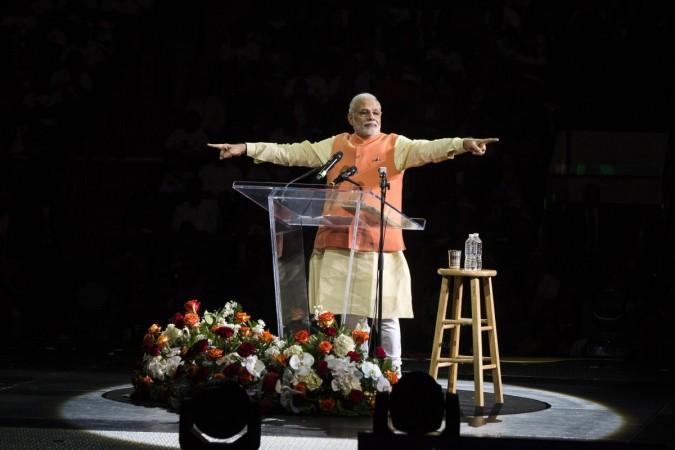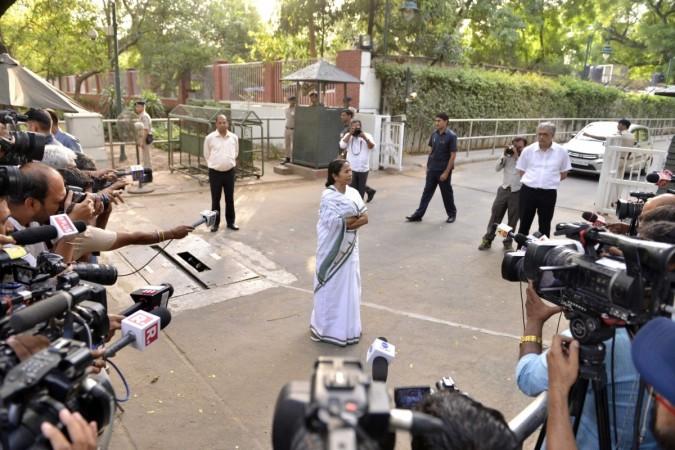
Is Prime Minister Narendra Modi planning to hold the next Lok Sabha elections in 2018?
According to a report in Bengali daily Anandabazaar Patrika, the prime minister has expressed his wish to bring the general elections ahead of its schedule in 2019 while speaking to some chief ministers. He has also said that he would like to see all state elections are held along with the Lok Sabha poll.
The Prime Minister's Office is in talks with the Election Commission and NITI Aayog on the issue, the report said and the Aayog has said that the plan could be put in place by 2024, which is also a scheduled year of the Lok Sabha election if the current cycle continues.
The BJP's growing stature across the country has bolstered its prospects in the Rajya Sabha and with the saffron party already having a brute majority in the Lok Sabha, Modi is confident that his government will be able to pass the law to hold all elections together and accordingly, go for an early election in 2018.
IBT's Analysis:
Modi's urgency to hold the Lok Sabha election early is understandable. He wants to make full use of his current popularity and go for a fresh mandate to extend his tenure. The mammoth victory in Uttar Pradesh recently has made the BJP all the more eager.
But even if the Opposition is in tatters at the moment, the BJP's top brass should remember that in 2004, the then NDA government led by Atal Behari Vajpayee had also brought the general elections earlier only to lose it to a weak Congress. Though Modi's grip on the national politics is much stronger than that of Vajpayee, who was leading a coalition government, but politics is still an uncertain domain.
On the idea of holding national and state polls together, it is definitely a good one. They used to be held together till 1967 and the sequence was broken by late prime minister Indira Gandhi in 1971. Her aim was to make national politics an exclusive sphere, out of the influence of regional developments.
Being a leader who wanted to consolidate her own grip on the Congress and diminish the significance of the party's grassroots leaders, Indira Gandhi's undoubtedly had given a masterstroke then.

For Modi, the goals are opposite. Having already strengthened her position at the top, the current prime minister is now in the pursuit of making the BJP powerful across the country. And being the most powerful face of the party, Modi needs to align the national and regional politics to succeed in his mission.
For other regional parties that are in power, the idea will not be acceptable for sure. Modi is in favour of giving a grace period to states where governments were formed very recently but yet that might not convince many. It will remain a herculean task for Modi despite his party's majority and his own popularity to bring all polls together and go for the BJP's pan-India expansion.









